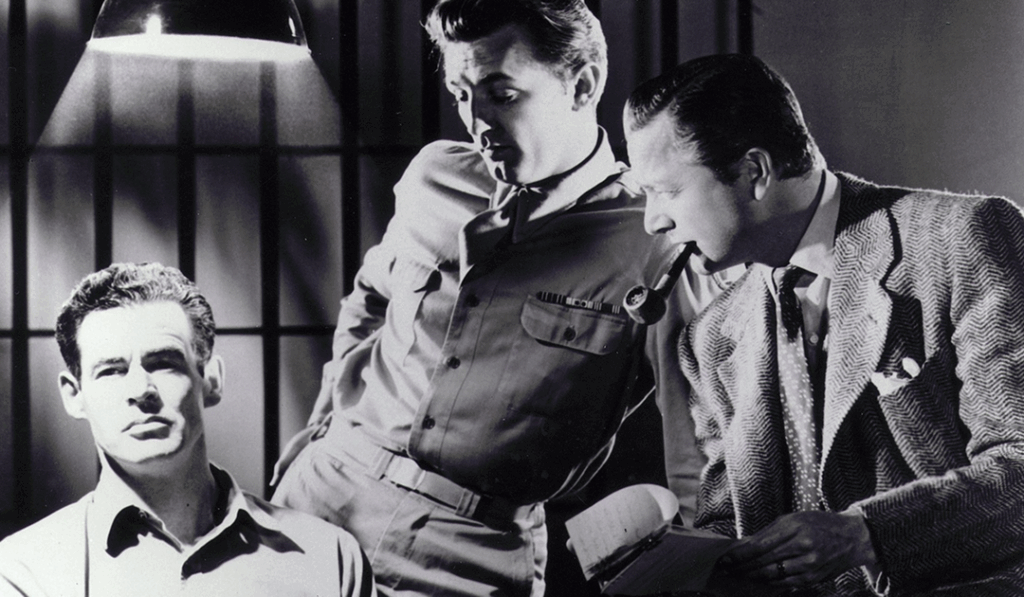“[Our negotiation methodology] was originally designed to cope with the toughest procurement negotiators on Earth anyway: kidnappers.”
That line pushed me over the edge.
Kidnappers are the “toughest procurement negotiators on Earth”? That’s an absurd statement and, frankly, to equate what kidnappers do to the work of procurement professionals is an insult to the procurement industry. No procurement professional I have worked with has ever threatened me physically or with a weapon, held me against my will, or forced others to do something to free me from a situation where my life was at stake.
The line quoted above was in an article published on the website of a negotiation consulting firm whose founder is a former hostage negotiator. The article was promoted on LinkedIn. Of late I have seen a surge in former hostage negotiators pursuing careers as business negotiators. What many do, in order to create credibility in their services, is make up ways to equate what they did in law enforcement to what commercial negotiators do. That was the goal of that statement. To say, “As a former hostage negotiator, I know what it’s like to deal with procurement because kidnappers are like procurement professionals.”
Except they’re not.
Procurement professionals negotiate commercial deals on behalf of companies and seek to improve processes and create efficiency in purchasing and operations of their organizations. Kidnappers violently seize hostages and threaten to kill, and sometimes do kill, these hostages if their terms are not met.
Being a former hostage negotiator does not prepare someone to be a disciplined business negotiator (unless the company is in the business of taking or releasing hostages). And taking a class from a former hostage negotiator on how to do a business deal is like learning baseball from a cricket player. Some of what you’re seeing and hearing makes them seem similar; yes, there’s a bat and a ball. But the strategies, the path to the desired outcomes, and the outcomes themselves, are completely different.
I have great respect for the service of former hostage negotiators because the stories they share are intense, full of stress and are about saving lives, literally. I have never negotiated over someone’s life, nor tried to influence someone pointing a gun at another person to put the gun down. It’s not a job I would want to do. And I believe former hostage negotiators have a lot to teach businesspeople about how to work through conflict in deals. They have real and valuable negotiation experience to share. I’ve read the books and postings and watched the TED talks by the many former hostage negotiators competing for clients, readers and eyeballs on LinkedIn. I have learned something from many of them that has helped improve my skills as a negotiator, especially with regard to communication techniques. When you negotiate for a living as I do, it’s critical to keep developing and improving skills.
But there’s a lot they don’t know about how business negotiations work, so they try to project concepts from hostage negotiations onto a commercial framework and use rhetorical contortions that fall flat. I agree that in a hostage negotiation one should “never split the difference,” as one author has written. How do you split the difference in a hostage situation? But in business, compromise is one of the tools I need at certain times. Like when I was negotiating a settlement after our hardware failure shut down the client’s airline reservation system. The client wanted $4 million. The contract said they were entitled to $300,000. What does one do to address an angry client that could go public with the issue and impact my company’s reputation in the industry? Do I stand on principle and “never split the difference? Or do I address my primary interest: to settle this claim quietly and rebuild my relationship with the client for the three years still on the contract?
Once the numbers got closer, I split the difference. And the client kept us as their service provider.
In my role I deal with procurement professionals all the time. Many I remain in touch with as we built a friendship over the course of the deal. Some of the people on my team joined us from procurement jobs. So, no, I will not abide a false equivalent of procurement professionals with violent criminals for the sake of marketing. A kidnapper is in jail or dead at the end of the crisis, whereas I often celebrate the deal closing with a dinner and drinks with the procurement team. We have no hostages in our deals.



